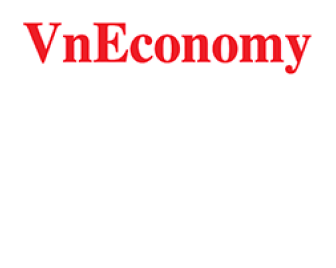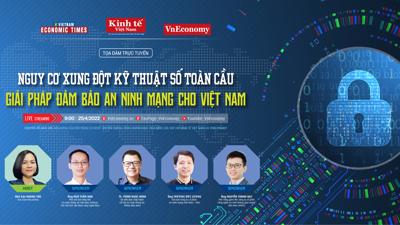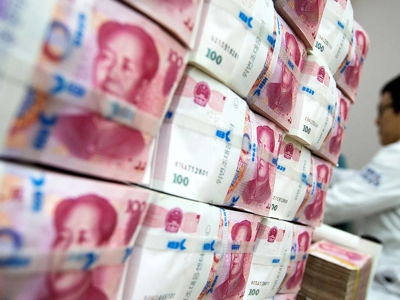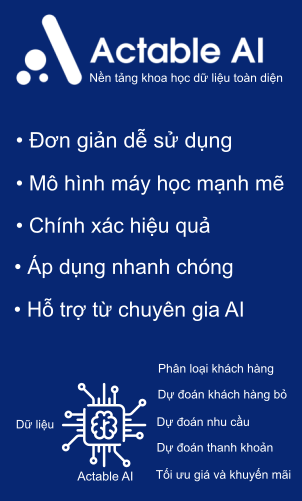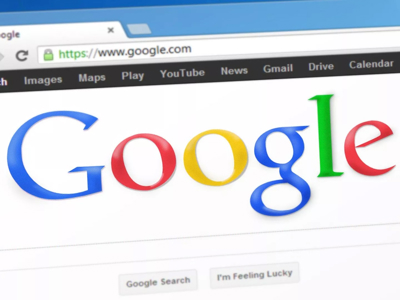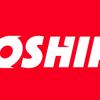Shifting to green economy
Mr. Nguyen Viet Long, Partner, Consulting, at Ernst & Young Vietnam Limited (EY Vietnam), tells VET’s Tung Duong that businesses should proactively adopt green transformation with clear strategies or risk missing opportunities and losing customers in the competitive business environment of today.(*)
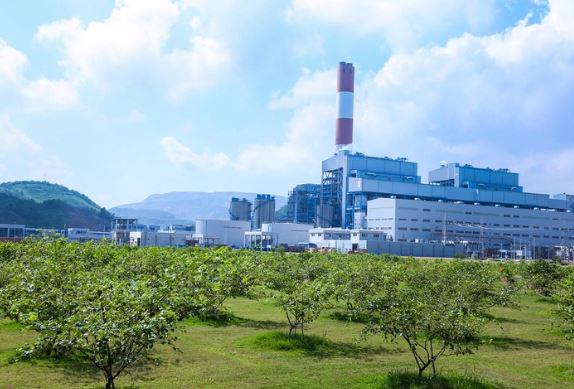
What are your thoughts on the market trends and demand for green criteria and eco-friendly branding in businesses’ products and services?
Green development and low carbon emissions have become essential requirements in today’s markets, especially as countries, including Vietnam, have pledged to achieve net-zero emissions by 2050, as it outlined at the COP26 meeting in Glasgow in late 2021. At its core, the commitment to net-zero revolves around building a sustainable, green economy.
In line with these commitments, countries and regions have begun implementing regulations aimed at reducing greenhouse gas emissions, with varying timelines. For example, the EU will soon enforce the Carbon Border Adjustment Mechanism (CBAM) on certain exports entering its market. CBAM will levy carbon taxes on imported goods based on the emissions produced during their manufacture in the exporting country. From October 2023 to December 2025, Vietnamese exports such as cement, fertilizers, and steel will begin to be affected by CBAM. The EU may later expand this to other product categories.
Beyond the EU, other export markets are likely to introduce similar regulations, so businesses must familiarize themselves with the requirements of each destination country. These demands present businesses with the challenge of assessing and accounting for their emissions and upgrading their technologies to meet emission reduction targets.
CBAM is just one of the obstacles Vietnamese enterprises will face in their green transition. They will also encounter pressure from shifting consumer and investor expectations, as well as from financial institutions that increasingly emphasize corporate social responsibility and the sustainability of products. As such, adhering to green standards will become crucial not only for accessing capital but also for long-term business development.
I believe that the green regulations of different countries, along with the growing demands of global goods markets, capital markets, and partners, will push businesses towards adopting green practices and building eco-friendly brands. This is an unavoidable trend, and companies that are slow to adapt risk losing out on valuable opportunities.
Given your experience, how would you assess the response of Vietnamese businesses in adopting green branding and environmental, social, governance (ESG) standards to remain competitive locally and globally? What value does green branding offer businesses?
In my view, Vietnamese companies that are actively trading or exporting to markets with green requirements, such as Europe, are well aware of the importance of building green brands and adhering to environmental standards.
Additionally, Vietnamese companies involved in the global value chains of FDI enterprises will need to undergo real transformations to stay competitive. I expect this trend to continue growing, driven by the increasing demands of both consumer and capital markets.
Building a green brand delivers substantial long-term benefits, including better access to markets with stringent green standards, the opportunity to participate in global value chains, and the ability to attract green investments.
What advantages and opportunities will green brands have in accessing green financing?
The TCFD (Task Force on Climate-related Financial Disclosures) framework is viewed as a standard for green practices and frequently adopted by financial institutions such as banks and international credit organizations. Therefore, companies in other sectors seeking to secure green financing or attract investments from these entities must meet additional green criteria.
According to estimates from the World Bank in July 2022, Vietnam will need approximately $368 billion in green financing from 2022 to 2040, equivalent to 6.8 per cent of GDP annually, to reach its net-zero target by 2050. Out of this total, around $184 billion, at current exchange rates, will come from the private sector through green loans from banks and the issuance of market-based instruments like green stocks and bonds.
As of last March, 47 credit institutions in Vietnam reported green loans amounting to nearly VND637 trillion ($25.7 billion), representing about 4.5 per cent of the total outstanding loans in the economy. These green loans primarily target renewable energy, with approximately 45 per cent, and green agriculture with around 30 per cent.
The disparity between outstanding loans and the estimated financing needs for Vietnam’s net-zero roadmap indicates substantial potential for businesses to access green financing through proactive transformation efforts.
What are the main challenges and difficulties that Vietnamese businesses face in adopting ESG standards and building green brands?
I have noticed Vietnamese businesses facing several challenges while implementing green and ESG standards.
Firstly, many companies lack access to information regarding green standards and ESG guidelines. To address this, EY Vietnam, in collaboration with the State Securities Commission (SSC), the British Embassy, and the Asia Foundation, has recently published the first “ESG Handbook” in Vietnam. This publication aims to provide businesses with guidelines and reference materials for integrating ESG into their governance and operational strategies, helping them tackle challenges and leverage opportunities from climate change to create long-term value, expand markets, and optimize costs.
Secondly, many businesses are unsure where to start their green transformation journey.
Thirdly, they often lack the necessary resources for implementation, including financial, technological, and human resources.
These challenges are not unique to Vietnamese companies; many businesses globally face similar issues. As a leading consulting firm in sustainability services, with over 20 years of experience and a global team of more than 3,600 experts, we have collaborated with numerous large clients and recognize that the initial phase is often the most difficult.
For instance, measuring and reporting greenhouse gas emissions consists of three scopes, with Scope 3 - assessing indirect emissions from the supply chain, transportation, and partner activities - being particularly complex without expert assistance.
To illustrate, in the agricultural sector, companies must invest time and resources to create traceability systems that comply with food safety standards throughout the entire supply chain, from inputs (seeds, water, rice fields, and farms) to outputs (food on the dining table). For comprehensive implementation, businesses need to “green” their entire production chain. The complexity of this process presents significant challenges for companies. If the transformation is not managed properly, input costs may rise.
Therefore, I believe businesses must carefully plan and develop a step-by-step transformation roadmap to prepare their resources and strategies effectively. Naturally, the transition process will differ across industries. Regulatory bodies and governments worldwide (including CBAM) will also establish timelines for implementing regulations, providing businesses with the necessary preparation time.
What steps should businesses take to establish green brands and implement ESG standards in the “new economy”? What recommendations do you have for companies as they pursue green branding and a sustainable economy?
In any economy, the primary stakeholders are the government, consumers, and businesses.
Consumers, particularly the younger generation, are increasingly conscious of green and sustainable practices. Many young people now choose cafés that use paper cups and straws instead of plastic, or they prefer shops that don’t offer plastic bags.
The government also needs to create a transformation roadmap, establishing regulations that support the net-zero commitment and foster a green economy.
Businesses face pressure from government regulations, market demands, investors, and consumer expectations, all of which necessitate a transition plan. In my opinion, these are critical factors for building a strong foundation for a green economy.
In this environment, businesses that remain passive and wait for regulations before taking action risk falling behind. Proactive measures are vital for companies to develop a structured plan for their green transition. By anticipating trends and creating an appropriate roadmap, businesses can enhance their proactivity, strengthen their competitive edge, and even identify new business opportunities.
While many are concerned that most Vietnamese businesses are small and medium-sized enterprises (SMEs) with limited resources for transformation, I want to highlight that there are green consumers in a green economy. As preferences shift - especially among young people, who favor green and clean products - even small businesses, like coffee shops, can begin their transformation through suitable initiatives. Transitioning to green practices does not always have to involve high costs.
(*) Note: This article reflects the views of the interviewee and does not necessarily represent the opinions of EY Global or its member organizations.
